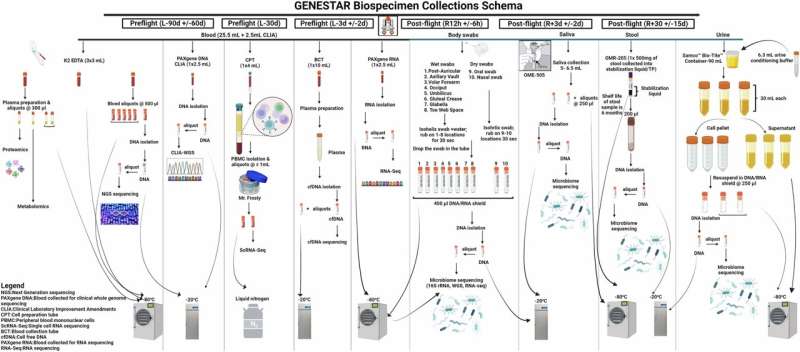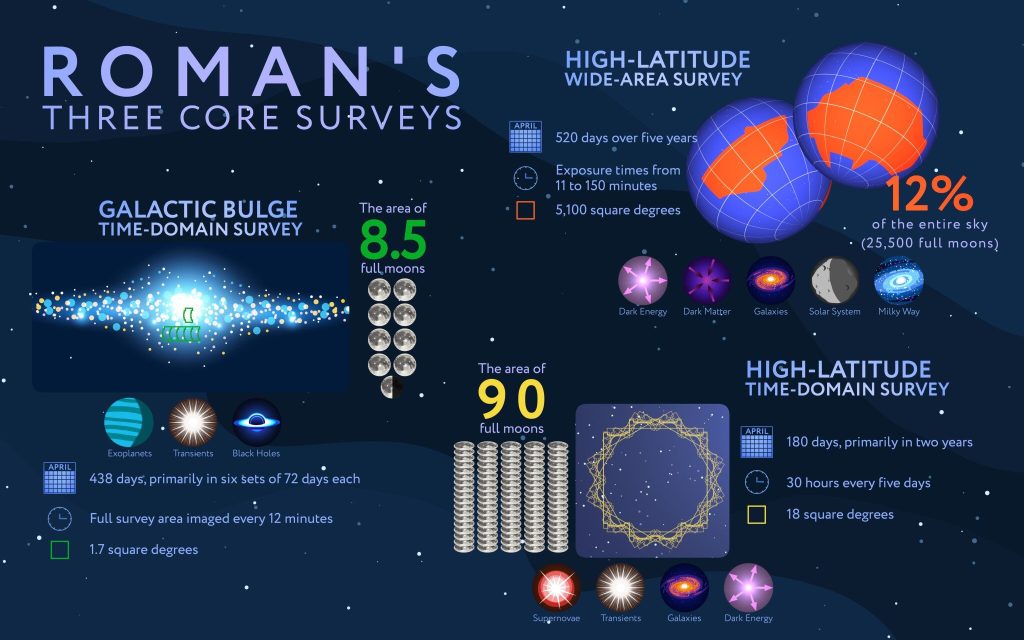As humanity prepares for more adventures beyond our planet, understanding the effects of space travel on health is becoming increasingly vital. A dedicated team from Baylor College of Medicine is leading an exciting initiative that could transform how we gather health data from astronauts, paving the way for safer missions and valuable insights for life on Earth.

With the rise in commercial space missions, the need to learn about the effects of space on our bodies is more pressing than ever. Researchers at Baylor College of Medicine are at the forefront of this quest, having developed the GENESTAR manual. This detailed protocol is dedicated to the collection, processing, and storage of biological samples from individuals heading to space.
Published in npj Microgravity, the GENESTAR protocol not only adheres to stringent quality standards for advanced molecular analysis but also prioritizes ethical research practices and precise tracking of samples. This is crucial, as understanding how space impacts health could also lead to breakthroughs in medical care here on Earth.
“Space presents a unique set of challenges—microgravity, radiation, and the isolation can influence our bodies in ways we’re just starting to grasp,” explained Dr. Harsha Doddapaneni, the study’s lead author. “GENESTAR aims to illuminate these effects by meticulously collecting samples like blood, saliva, urine, and stool from space travelers both before and after their missions.”
Part of a broader initiative known as Space Omics at Baylor’s Human Genome Sequencing Center, GENESTAR employs cutting-edge technologies to analyze genes, proteins, and various biological molecules. As Dr. Rihana S. Bokhari, the scientific research director at TRISH, emphasized, “We developed standardized procedures to ensure uniformity in sample collection across diverse missions and locations.”
This innovative project was tested during the Axiom-2 mission—a journey to the International Space Station in May 2023—where researchers collected over 300 samples from four crewmembers at different intervals: 90, 30, and 3 days before their launch, as well as several days following their return. The results were encouraging; Dr. Aparna Krishnavajhala, co-first author of the study, noted that 98% of blood samples and over 91% of non-blood samples met the quality necessary for detailed molecular analysis.
One standout feature of the GENESTAR initiative is its commitment to transparency. Participants are fully informed about the use of their samples, and each contribution is anonymized through a two-step coding process to protect their identities. Furthermore, a sophisticated laboratory information management system tracks each sample meticulously, ensuring accuracy, security, and ease of data-sharing with fellow researchers.
Additionally, participants can opt for a clinical-grade whole genome sequencing report, which can reveal genetic information that may indicate potential health risks or responses to specific medications.
The implications of this research extend beyond space exploration. For example, insights gained from studying molecular markers of bone loss caused by microgravity may provide new understandings relevant to conditions like osteoporosis, which affects many individuals on Earth.
Excitingly, the GENESTAR team is already gearing up for further research, having collected samples from the recent Axiom-3 mission and exploring new methods for sample collection during flights. Imagine astronauts being able to gather their own blood samples in microgravity—this future could revolutionize space medicine.
More information:
Aparna Krishnavajhala et al, The GENESTAR manual for biospecimen collection biobanking and omics data generation from commercial space missions, npj Microgravity (2025). DOI: 10.1038/s41526-025-00472-1
If you would like to see similar science posts like this, click here & share this article with your friends!


